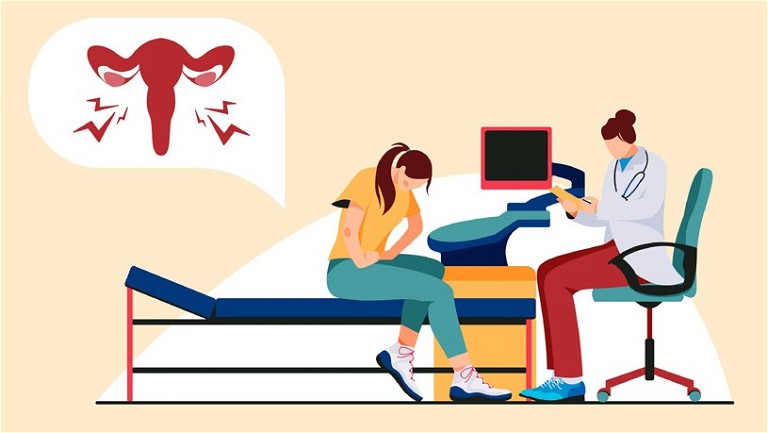Future Focus
New clinical trial aims to find new endometriosis treatment
A new clinical trial is set to begin shortly, which will be a collaboration between the universities of Edinburgh, Aberdeen and Birmingham. The study will assess the efficacy of the drug dichloroacetate in managing pain for patients with endometriosis.
Scientists are hopeful that the study will be successful, providing the first new treatment option in four decades. It would also be the first non-hormonal and non-surgical endometriosis treatment.
Endometriosis is a condition in which lining similar to the lining of the womb grows elsewhere, often in the ovaries and fallopian tubes; the condition is lifelong and can cause serious discomfort and pain. The condition is estimated to affect 1.5 million women in the UK, according to Endometriosis UK. Approximately 100 women with endometriosis will be invited to join the trial, half of whom will be given dichloroacetate, which has previously been used to treat rare metabolic disorders in children, while the other half will be given a placebo drug.

Dr Lucy Whitaker, study lead, Wellbeing of Women researcher and clinical lecturer at the University of Edinburgh, commented: “We know women with endometriosis desperately want more treatment options and better ways to manage the often-debilitating pain that it causes. […] Our research so far shows promising results that dichloroacetate can make a huge difference. […] I hope our new trial will confirm this and give women hope that new treatments and a better quality of life are on the horizon.”
Janet Lindsay, CEO of health charity Wellbeing of Women added: “It is completely unacceptable that there have been no new treatments for endometriosis in 40 years. […] Too many women and girls are suffering from debilitating symptoms, such as chronic pelvic pain, fatigue and even fertility problems, and current hormonal and surgical treatments aren’t suitable for everyone. […] Endometriosis is an extremely underfunded area of women’s health, so we are very pleased to partner wit the Scottish Government and invest in medical research that could transform how the condition is treated for millions of women.”